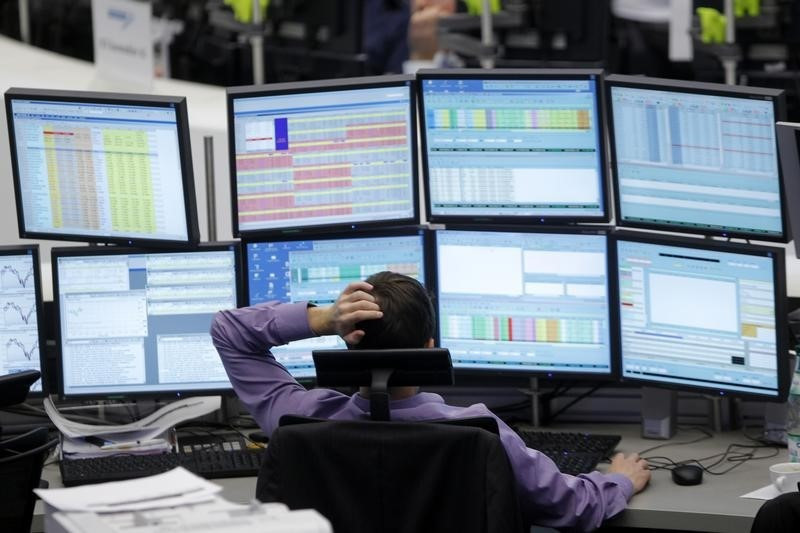
Stock indices in Asia posted losses during the session on Tuesday. Hong Kong's Hang Seng Index lost 0.12%, Japan's Nikkei 225 was down by 2.16%, Australia's S&P/ASX 200 dropped by 0.41%, and South Korea's KOSPI fell by 1.99%. On the Chinese exchanges, trading is closed today due to the public holiday in the country.
The main reason for a drop in the Asian stock exchange is associated with market worries over the growing cost of energy resources, primarily oil and gas. A spike in energy prices was caused by disruption to supply and increasing transportation costs that ultimately led to higher final costs.
At the moment, the price of Brent crude has broken through the level of $81 per barrel for the first time in the last 3 years, while the price of WTI crude oil has increased to $77 per barrel for the first time in the last 7 years.
Another factor to weigh on the stock market is the situation around the Chinese construction giant Evergrande. On the other hand, experts now believe that the possible bankruptcy of the company will not have a strong impact on the entire economic situation in China.
On the Hong Kong stock exchange, the shares of oil and gas companies posted more gains than others. Thus, the securities of PetroChina Co. Ltd., China Petroleum & Chemical Corp., and CNOOC Ltd. grew by 5.2%, 3%, and 2.3% respectively. Also, the shares of Xiaomi Corp. went up by 2.2%, BYD Co. Ltd. rose by 2%, and CITIC Ltd. increased by 2.7%.
At the same time, shares of real estate companies lost in value due to the crisis of Evergrande. Stock quotes of Sands China Ltd., Country Garden Holdings Co. Ltd., and China Overseas Land & Investment Ltd. decreased by more than 2%.
The Japanese index fell amid a decline in the stock value of the largest companies, including Fast Retailing Co. Ltd. (6.3%), SoftBank Group Corp. of (4.2%), and Fuji Electric Co. Ltd. of (4.3%).
In Australia, it was reported that the key rate will be kept at the lowest possible level of 0.1%. Also, the central bank confirmed the continuation of the bond buying program in the amount of 4 billion Australian dollars on a weekly basis. The regulator has postponed the revision of its monetary policy until February 2022. According to forecasts, the country's economy is recovering and is expected to reach pre-coronavirus levels in the second half of next year. At the same time, Australia's trade surplus has reached a fresh record high of 15.08 billion Australian dollars in August compared to 12.65 billion a month earlier. Exports increased by 4% in August compared to July, while imports were down by 1%. In general, the trade surplus soared to 84.01 billion Australian dollars from 47.2 billion in the same period of 2020.
The shares of Newcrest Mining Ltd. rose by 1.3%, while the quotes of other large companies, such as BHP Group Ltd. and Rio Tinto, were down by 1.1% and 0.4% respectively.
A fall in South Korean stock indices was caused mainly a drop in the stock value of such largest companies as Hyundai Motor Co. (1.6%) and Kia Corp. (0.5%). Samsung Electronics Co. and SK Hynix Inc. fell by 2% and 2.4% respectively.
The material has been provided by InstaForex Company - www.instaforex.com